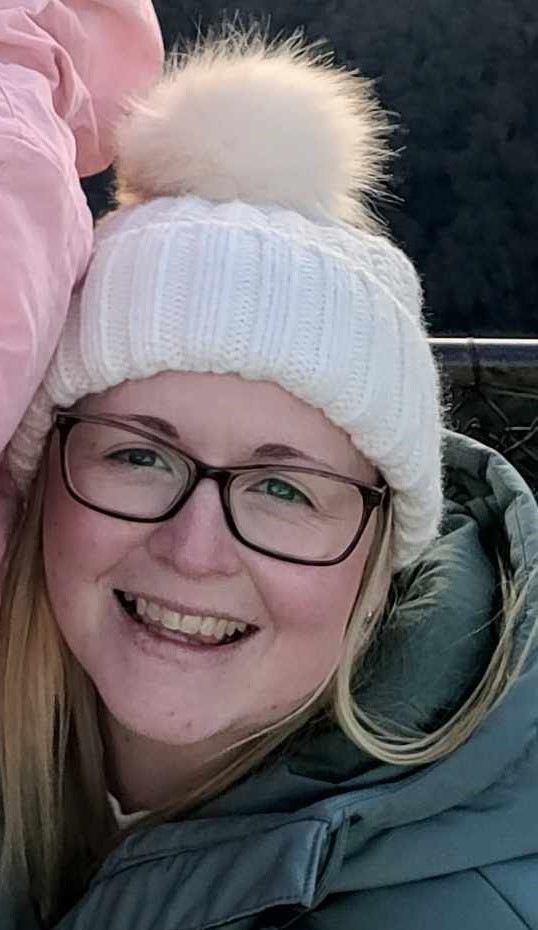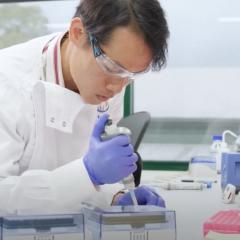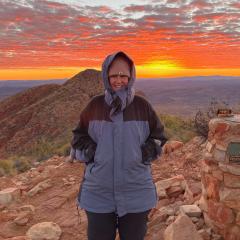Originally hoping to study forensics, Dr Emma Sweeney instead found herself drawn to the vast worlds of the tiniest of organisms. Her career has led to creating new diagnostic tools, industry collaborations and secondments. This is what it means to study microbiology…
I originally planned to major in forensics but after taking a foundational course in microbiology I fell in love. I was fascinated by the idea that there is a whole “invisible” world of microbes out there which could be both good and bad.

My work at UQCCR focuses on microbial diagnostics and characterisation, in particular in sexually-transmitted infections. This means I’m developing cutting-edge molecular tools to detect infections and antimicrobial resistance, helping make sure patients receive the correct diagnosis and treatment faster. Some of our work is put into the market with industry partner SpeeDx and it’s great to see how my research can influence real-world changes for patients.
In 2022, I had a once-in-a-lifetime opportunity to embed myself with SpeeDx as part of a Researcher Exchance and Development with Industry (REDI) Fellowship and regularly work from their office in Sydney. The project was to commercialise a groundbreaking new diagnostic test for the STI superbug Mycoplasma genitalium. I had not long returned from parental leave after having my first child and trying to juggle being a parent with building my career was already challenging. But my partner and family were incredibly supportive and stepped up to help with childcare so I was able to accept the Fellowship.
My work on the diagnosis and management of Mycoplasma genitalium gained a lot of attention and was published in The Lancet Infectious Diseases. Last year, I was asked to present as part of a “Sexual health spotlight” session at the 2022 Australasian STI+HIV annual conference. This talk was awarded the Early Career Researcher oral prize for diagnostics and therapeutics, and I also had the chance to speak with representatives from the World Health Organization about my research.
For researchers starting out I would say that finding a good mentor and supervisor is one of the most important building blocks for a fulfilling career. UQ’s Associate Professor David Whiley has given me invaluable support and guidance. He has gone above and beyond to make sure I had plenty of opportunities to develop myself professionally and pursue my own research interests.
Looking to the future there’s a few challenges in molecular diagnostics which I am keen to tackle. I’d like to work on developing tools to detect the difference in active infections as opposed to infections that have already been killed by antimicrobial treatments or the host immune system.
The ability to detect these active infections has become increasingly important, highlighted by the COVID-19 pandemic in which patients’ PCR results remained positive after symptoms had ended, begging the question: are these tests just detecting leftover pathogens which are no longer infectious? Adapting diagnostic tools to these challenges can give clinicians more information on how to treat these infections, when antimicrobial treatments can be ceased and if a particular treatment may not be effective in clearing the infection due to antimicrobial resistance.



